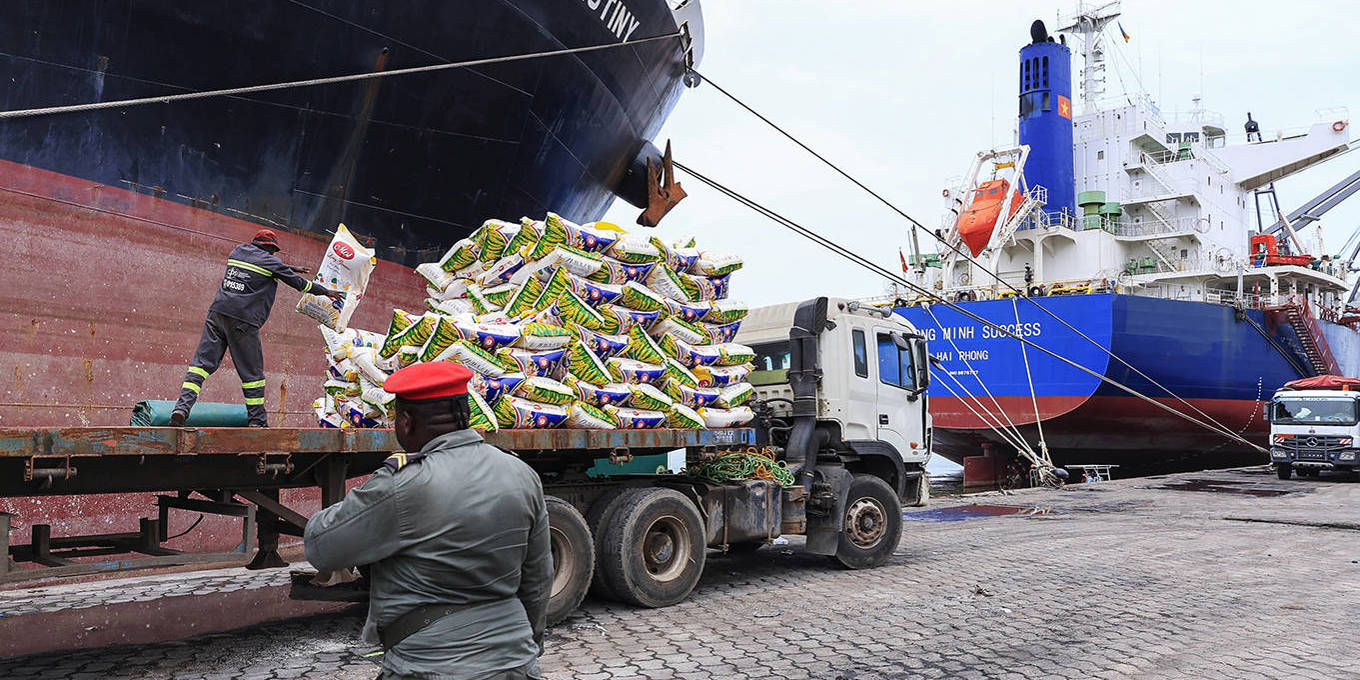
While sudden, traumatizing, and potentially deadly, donor countries’ sharp cuts in development aid to Africa could be the impetus that the continent needs to change the story it tells itself. For too long, the prevailing approach to aid has fueled a cycle of dependency, rather than nurturing dynamism.
JOHANNESBURG – With richer countries pulling back on aid, African countries are being forced to rethink their economic future. The move has rightfully alarmed many – especially those whose livelihoods depend on keeping the continent in bondage. But a growing number of voices in Africa see this crisis as an opportunity.
- America’s Weak Strongman
 Win McNamee/Getty Images
Win McNamee/Getty Images - The Bonfire of the Banking Regulators?
 Bettmann/Getty Images
Bettmann/Getty Images - The End of German Complacency
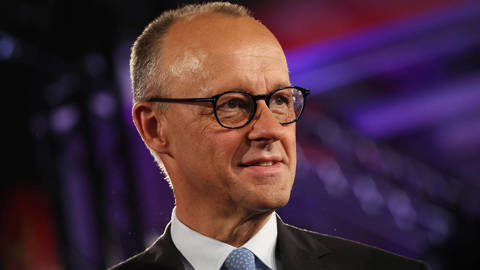 Sean Gallup/Getty Images
Sean Gallup/Getty Images
I am one of them.
Like any change, this one is uncomfortable, even painful – and in some cases, lives will be lost. But that is precisely why we must seize this moment to do things differently. That means insisting on a new kind of aid and philanthropy, while attracting investment, mobilizing domestic resources, cutting spending, and – most importantly – changing our story.
Aid has existed in Africa for more than 60 years, since newly formed African countries first received official development assistance from the United States, the Soviet Union, and Europe. By now, I think we can all agree that aid – and its younger sister, philanthropy – has not succeeded in lifting countries out of poverty. Back in 2009, the Zambian economist Dambisa Moyo argued, in Dead Aid, that foreign aid has done more harm than good for Africa. We should now be ordering a massive reprint of her book.
Of course, not all aid is bad; by its nature, humanitarian and emergency-relief aid will continue to have a positive impact. But we need to rethink the kind of aid that maintains a cycle of dependency. Surely, there is a better way. As the outgoing president of the African Development Bank, Akinwumi Adesina, says: “benevolence is not a strategy.” And it’s not too late for change. The turmoil the world is currently experiencing shows that change doesn’t have to be planned. Sometimes, ripping the plaster off quickly is better than a slow, drawn-out removal.
For me, change looks like the sort of disruption we are beginning to see in the philanthropic sector. Although there are “player haters” who dismiss her, MacKenzie Scott remains the poster woman for a new style of “hands-off” philanthropy, an approach that has empowered a handful of organizations to achieve financial independence. She is proof that disruption is possible, that there are other ways of doing the thing we have been doing. We thought it couldn’t be changed, but it can be.
PS Events: London Climate Action Week 2025 
PS Events: London Climate Action Week 2025
Don’t miss our next event, taking place at London Climate Action Week. Register now and watch live on June 23 and 24 as our distinguished panelists discuss how business can fill the global climate-leadership gap.
Register Now
For example, what if more donor funding had an end point? There would be more creative thinking about how to make a real, lasting impact with the limited time one has. What if larger, unrestricted grants over longer periods of time, but with a sunset clause, became the new normal? What if more donors entertained flexible funding models that allowed organizations to invest the money they receive, pursuing endowments and revenue-generating initiatives that would sustain them long after their grants run out? What if donors gave governments and NGOs the autonomy to decide what they want to prioritize? What if there was less aid and more investment?
We already know that aid stifles economic growth. A good example is well-meaning charity donations of clothing to Ghana. These have fueled a waste crisis, stifled local industry, and robbed the country of the chance to build its own fashion economy. History shows that America and Europe did not thrive because of aid programs (the period after World War II being the exception). Rather, they did so by building strong economies that grew through investment and the mobilization of capital.
Where better to invest than a continent rich with untapped opportunities in the industries shaping the future? We know that Africa holds vast reserves of minerals essential to the modern economy, and we are already beginning to see more countries moving away from extractive relationships in which others reap all the real value. But what if the hundreds of billions of dollars spent on aid were redirected to help build value-adding industries in Africa? Could a focus on energy and infrastructure ultimately lead to an improvement in health and education?
Multiple countries have started this process already. Botswana has established local cutting and polishing facilities for its diamonds; Morocco, home to over 70% of the world’s phosphate reserves (essential minerals used in agriculture, industry, and food production) has developed a phosphate-processing industry; and Namibia is building wind farms to produce green ammonia for global markets.
The true impact of these strategies will be felt in the years to come, but each example is a sign that African countries are beginning to think differently. They are looking to dig deeper into their own pockets to fill the funding gap, such as by creating better tax systems and redirecting some of the resources they already have. Ngozi Okonjo-Iweala, the director-general of the World Trade Organization, recently noted that approximately $250 billion in African pension funds could be funneled back into local economies. And there is a growing demand for African countries to claw back some of the $74.5 billion they pay to service the so-called “Africa risk premium” (higher interest rates).
One thing I know for sure is that none of the above will happen unless we change Africa’s story. Failing that, the current narrative of dependency and a chronic lack of agency – fueled by stories of conflict, corruption, poverty, and poor leadership – will ensure that we don’t attract the investment we need, retain our talent, or build economic strength.
This is the moment to change the way the world sees the continent and how we see ourselves. It starts with the stories we tell about what is, in fact, the world’s largest untapped opportunity.

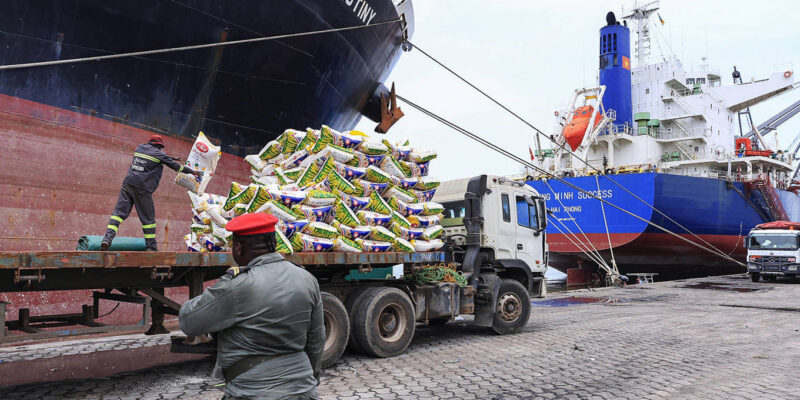
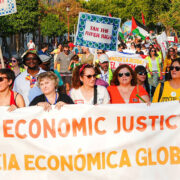
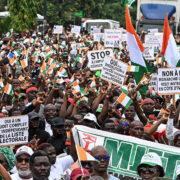
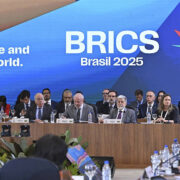

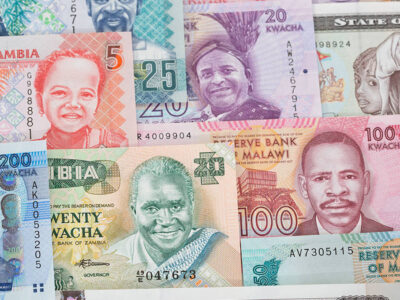
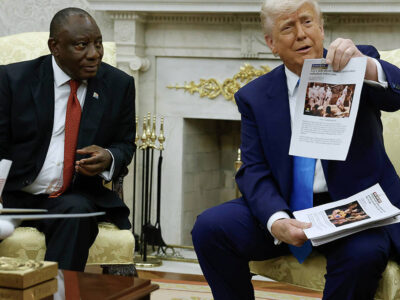

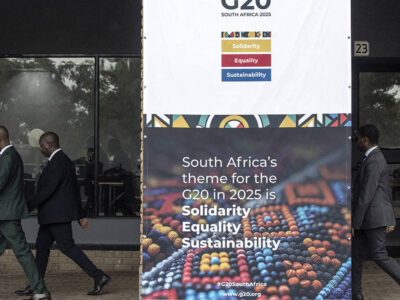

Comments